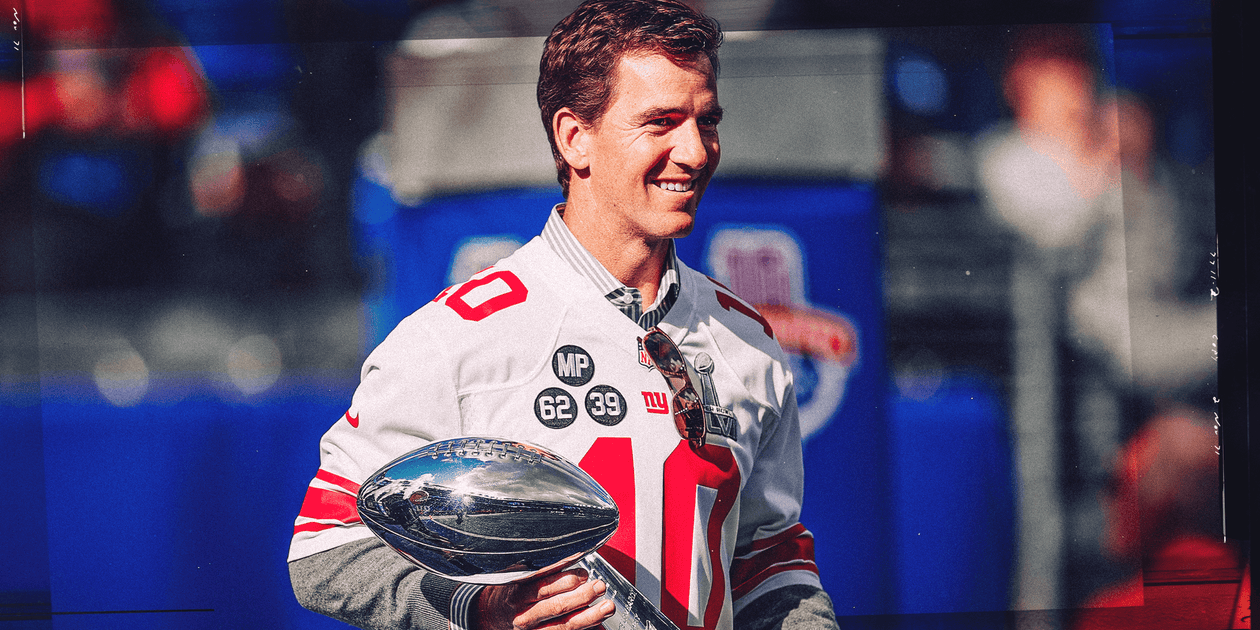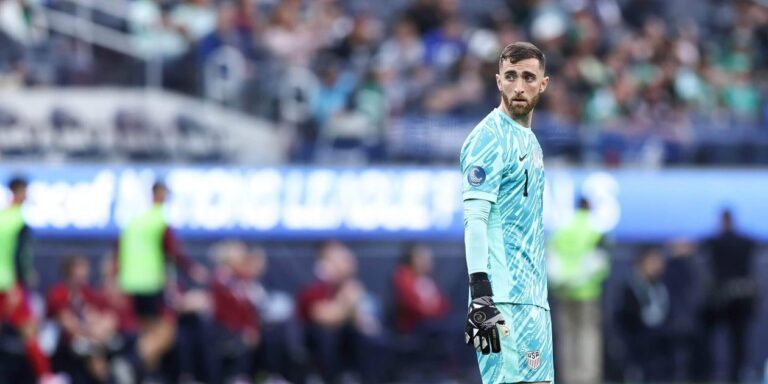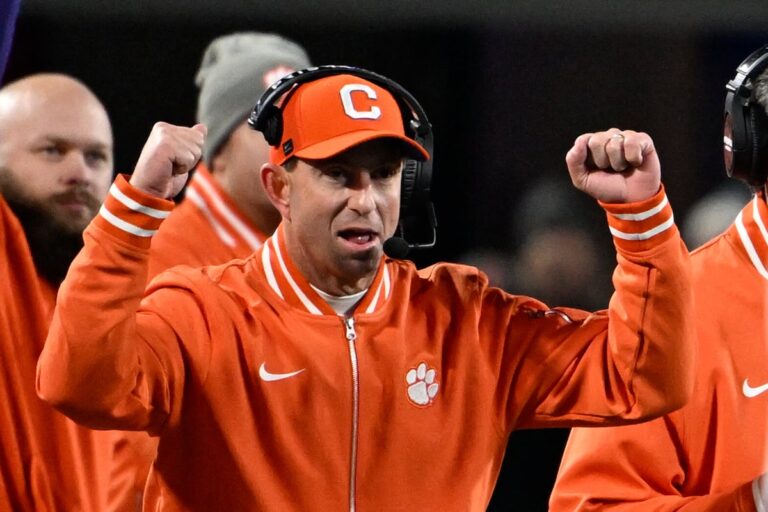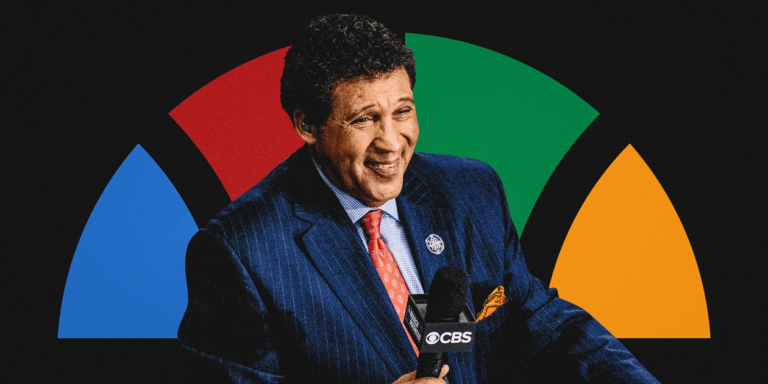Here is the plain text result:
Two guys are sitting in a bar. They could be talking about who the Giants’ next quarterback should be, or what went wrong with Daniel Jones. Instead, they are talking about Eli Manning, as, it seems, they have been for most of the last two decades. They are debating whether he should be voted into the Pro Football Hall of Fame when he becomes eligible for the first time this year.
Pro-Eli guy: “He beat Tom Brady twice in the Super Bowl.”
Anti-Eli guy: “Yeah, but he was a .500 quarterback in the regular season. His record was 117-117. Does that sound like a Hall of Famer?”
Pro-Eli guy: “Only six players in the history of the NFL have two Super Bowl MVP trophies, and he’s one of them.”
Anti-Eli guy (smirking): “Ha! He never was even voted All-Pro!”
Pro-Eli guy (slams beer mug on the bar): “Did you know, including playoff games, he had 42 game-winning drives and that he was 10-4 in overtime games?”
Anti-Eli guy (voice rising now): “He threw 244 interceptions. That’s more than any player since 2004. And he led the NFL in interceptions three times.”
The argument will go on for a while. It could be hours, days, months, or lifetimes. It’s possible no NFL player has ever engendered a wider spectrum of emotions from his team’s fans.
Eli has heard it all.
If he turns on the television, he will hear more. On social media, the debate rages. But where he stands, there is no noise – just two Super Bowl trophies, two Super Bowl MVP trophies, and contentment about what has been and what will be.
In the spring of 2004, Eli was the most highly regarded prospect in the draft after leading Mississippi to its first 10-win season in 32 years. The San Diego Chargers had the first pick, and Eli had misgivings about an organization that failed to make the playoffs the previous eight years, struck out with Ryan Leaf, and was struggling to develop Drew Brees.
He was intentionally unimpressive in meetings with the team, and when the Chargers appeared undeterred about selecting him, he made it clear he wished they wouldn’t.
“It was not comfortable for me,” Eli says. “But I felt strongly that I didn’t want to go there. I never tried to dictate that I go to the Giants, though.”
The Chargers picked him, made him wear their cap for one of the most awkward draft photos in history, and then traded him to the Giants, which was his hope. Eli was careful about what he wished for, if not completely aware of the consequences.
“I didn’t realize,” he says, “what I was getting into.”
In his first days as a Giant, Eli was met with skepticism and resentment — and that was just from his teammates. Some were not pleased that the team had cut the popular Kerry Collins for a rookie.
“People don’t understand how tough it is to play in New York City,” he says. “It’s another level of scrutiny. I admire him because emotionally, I could not have handled what he handled from the media and fans at times.”
Source link




